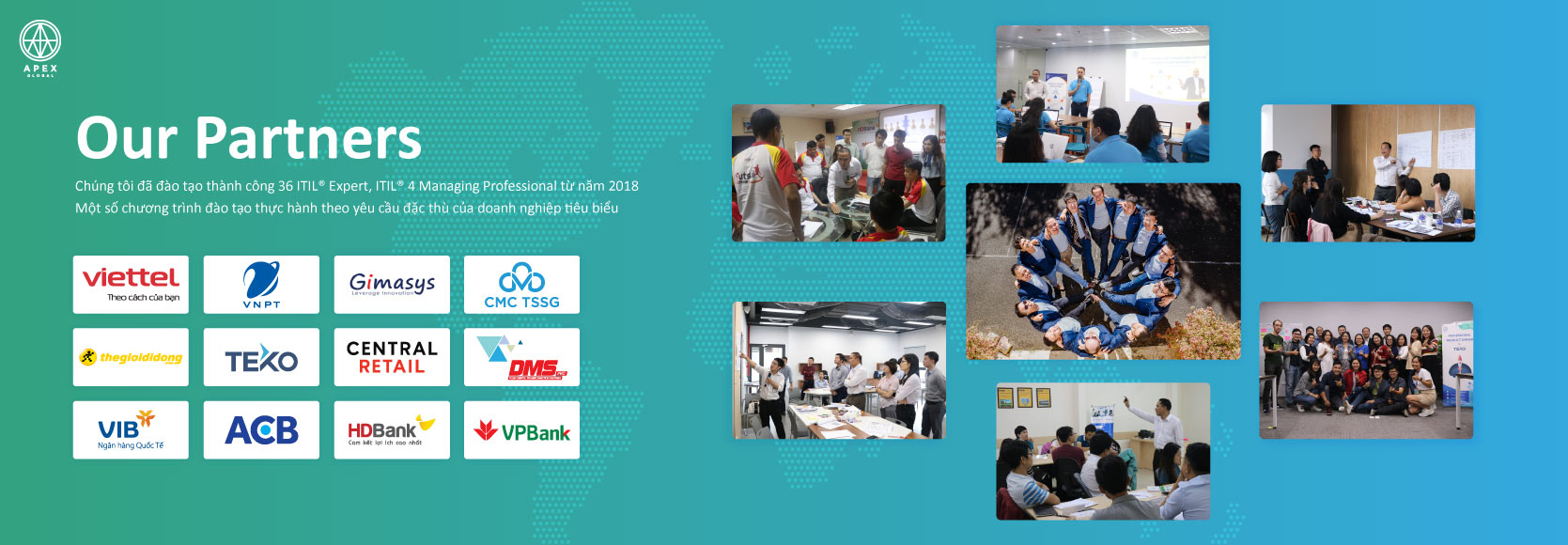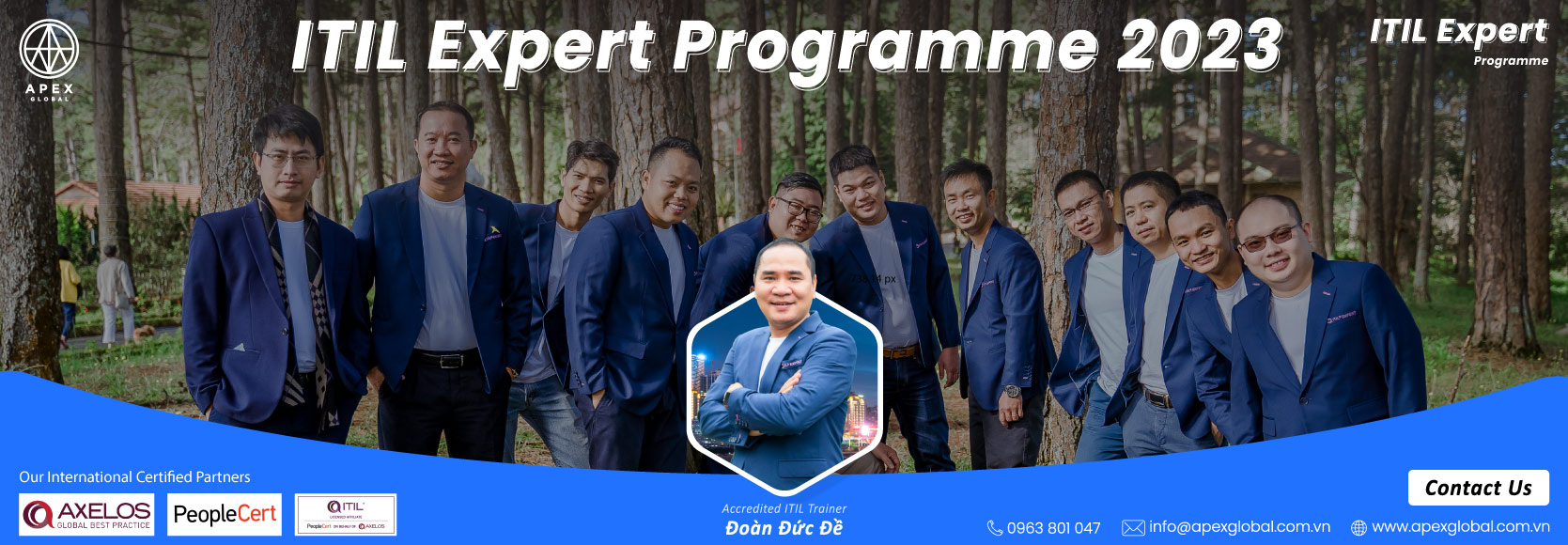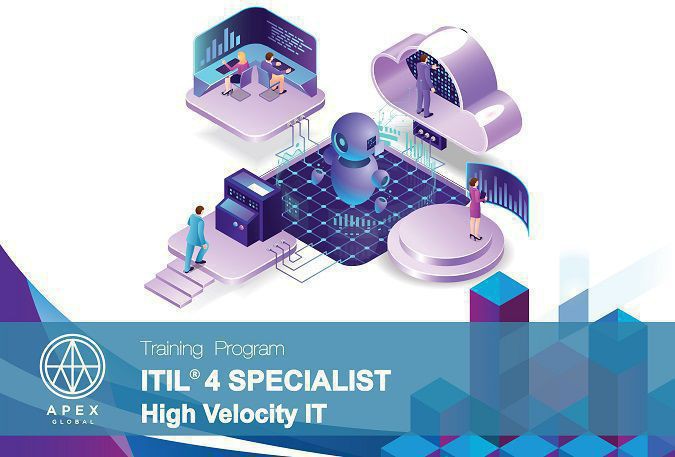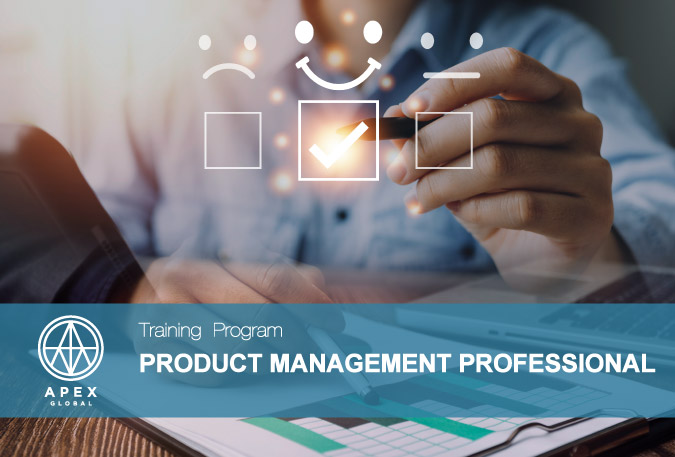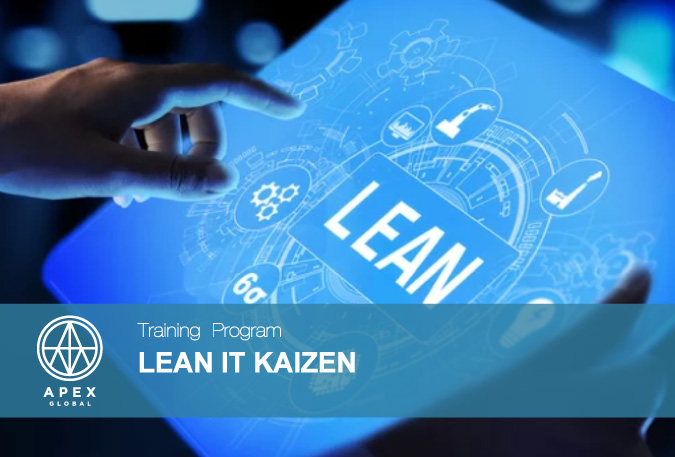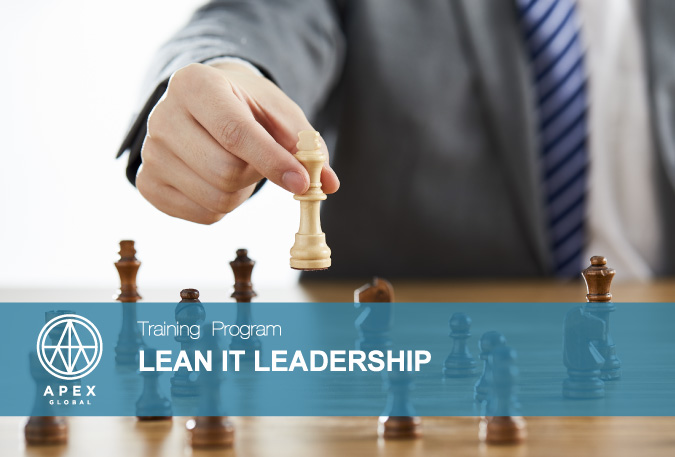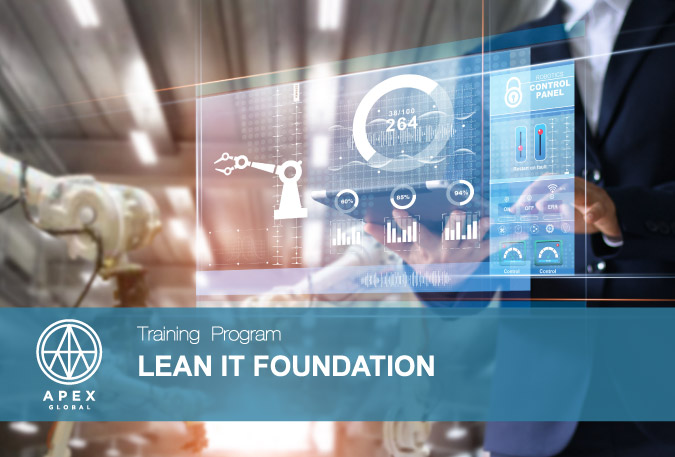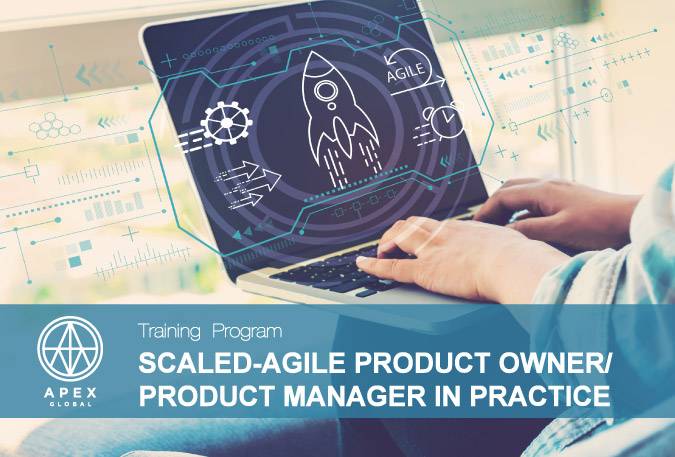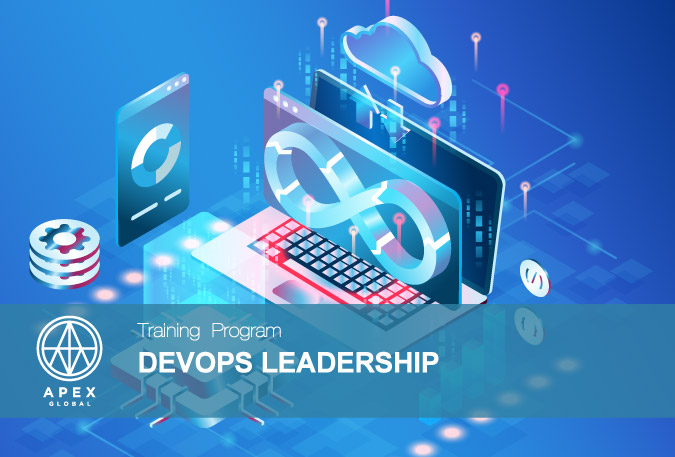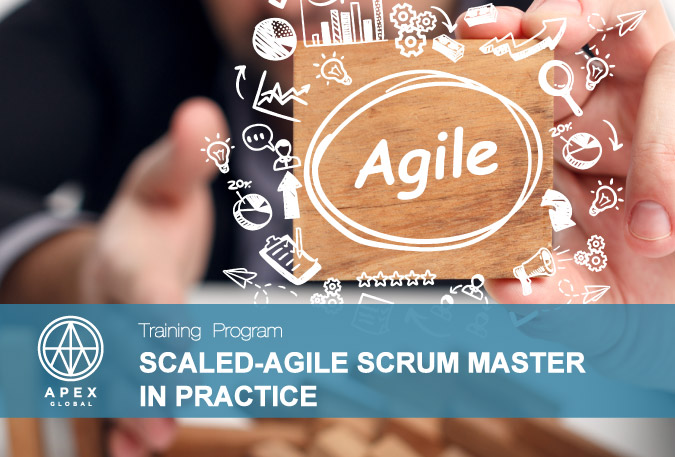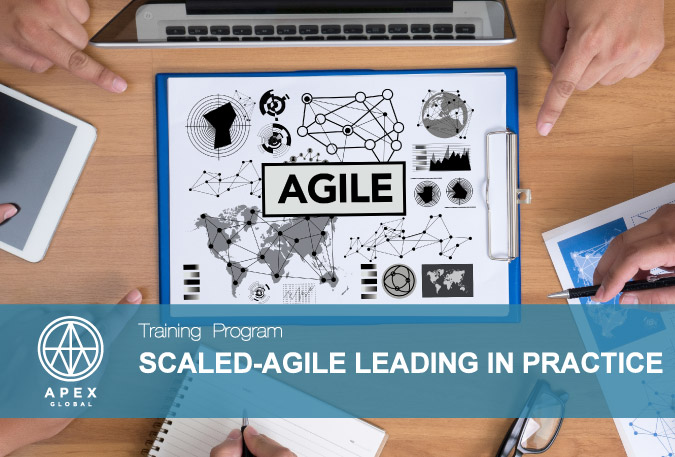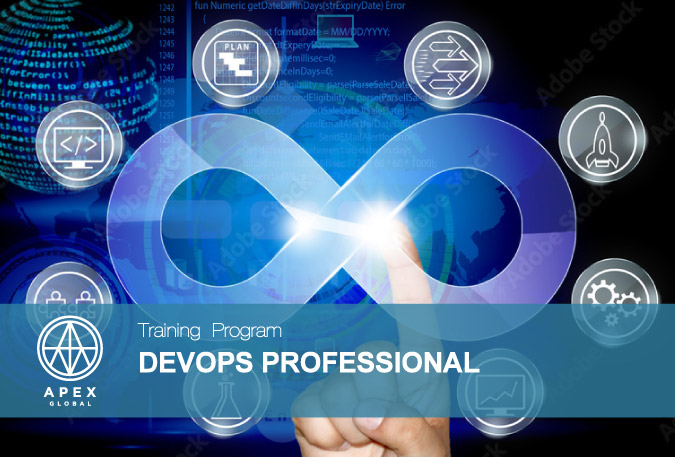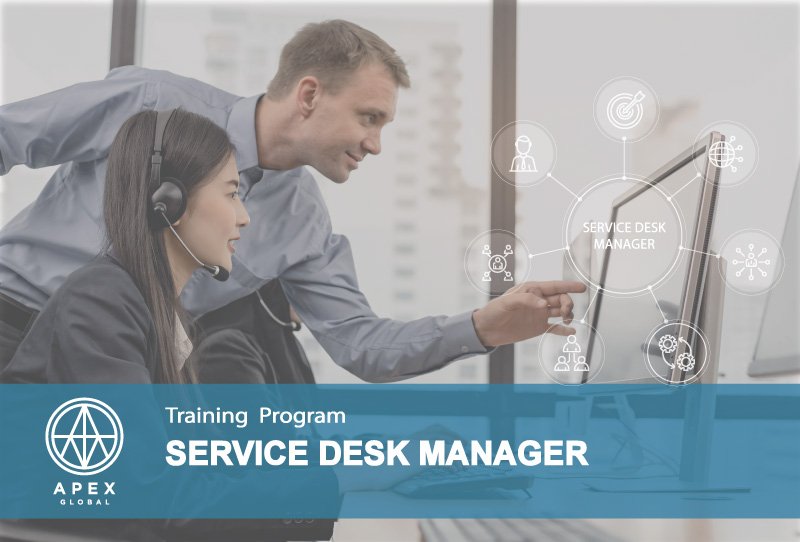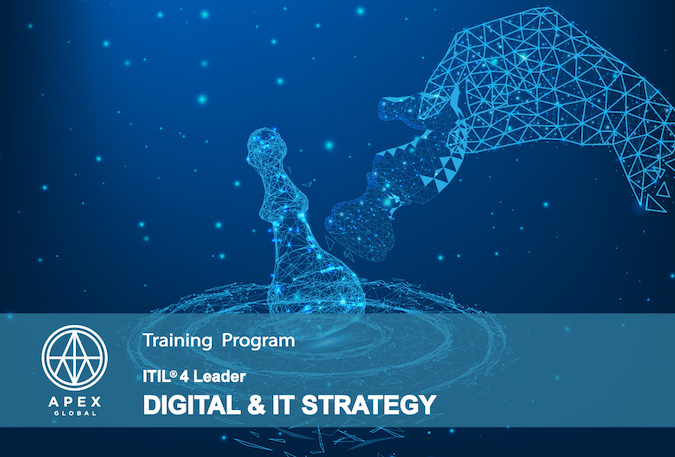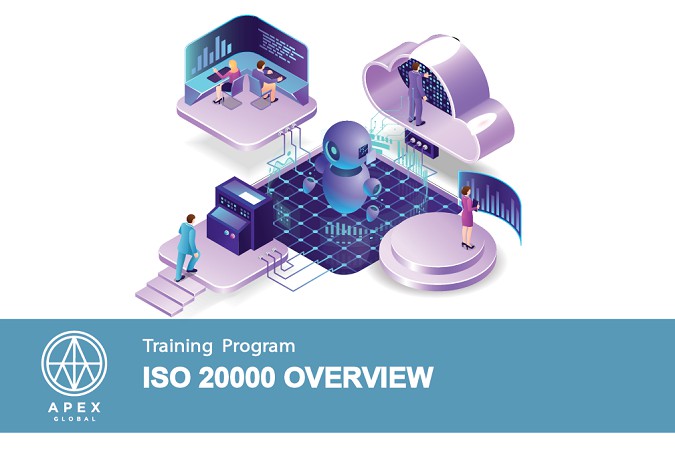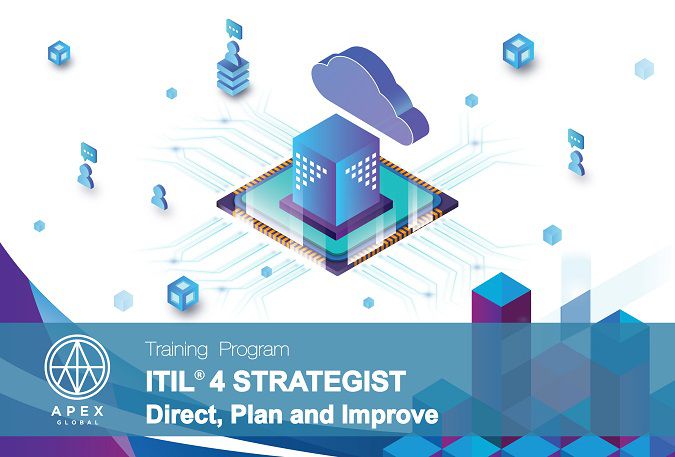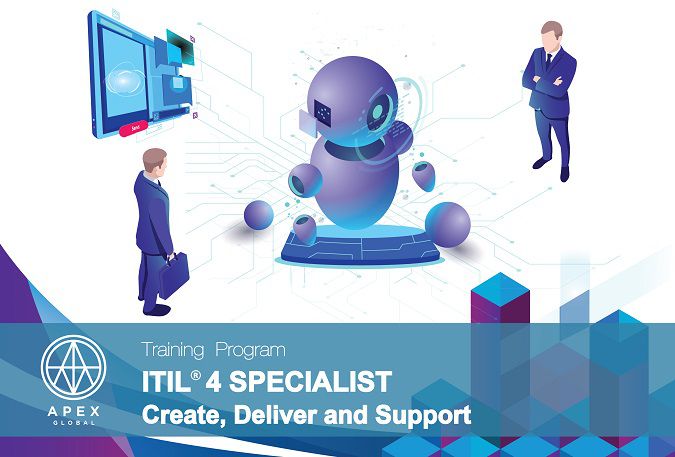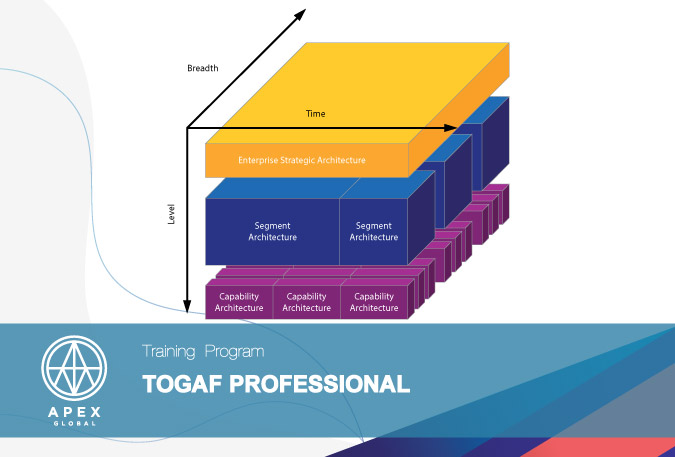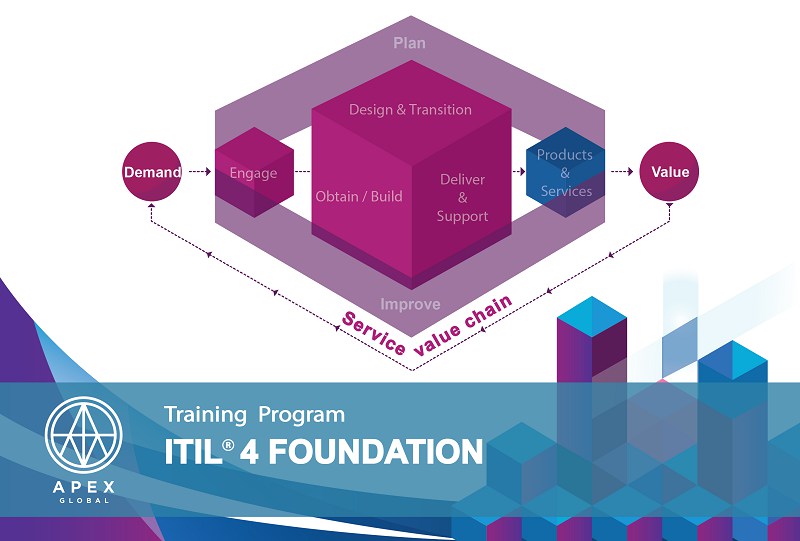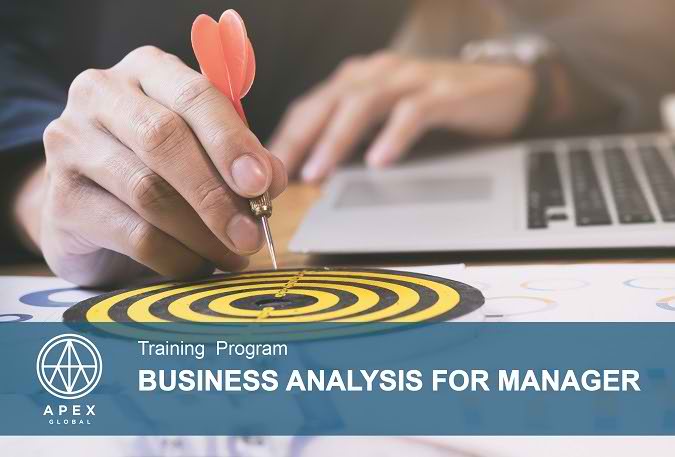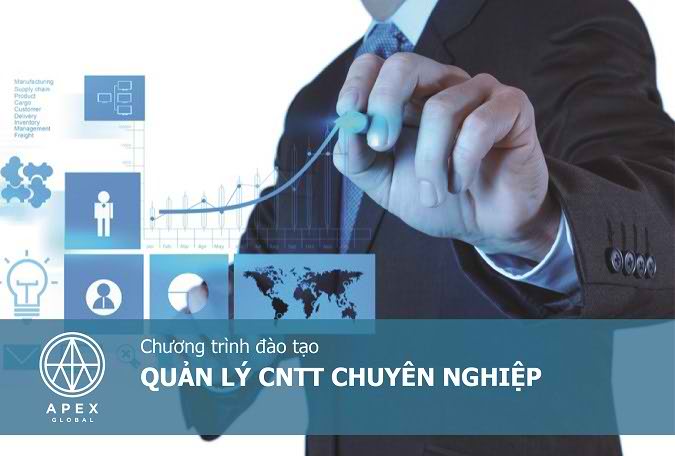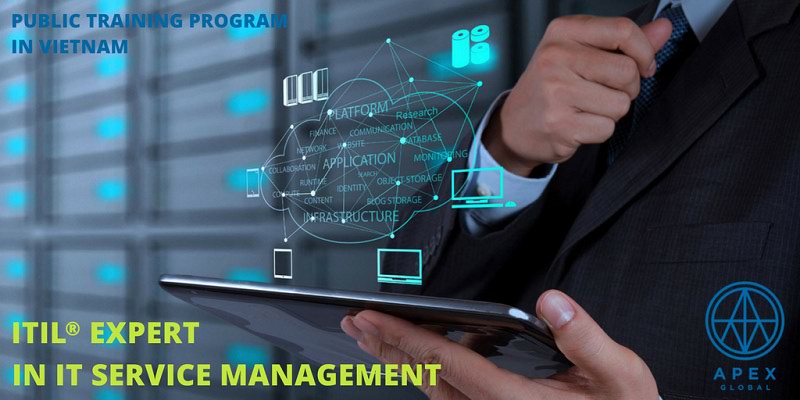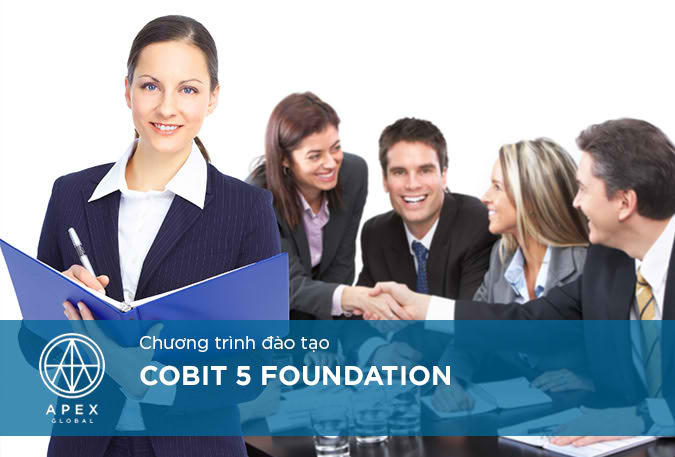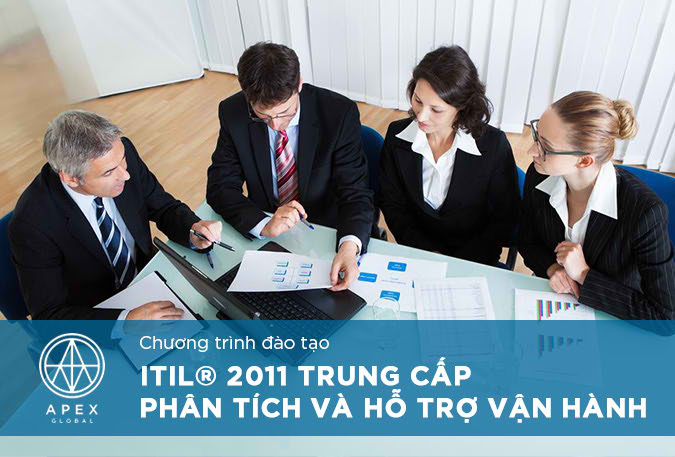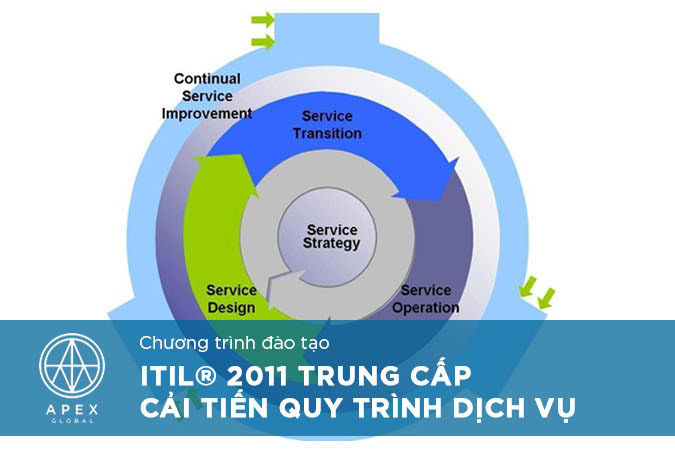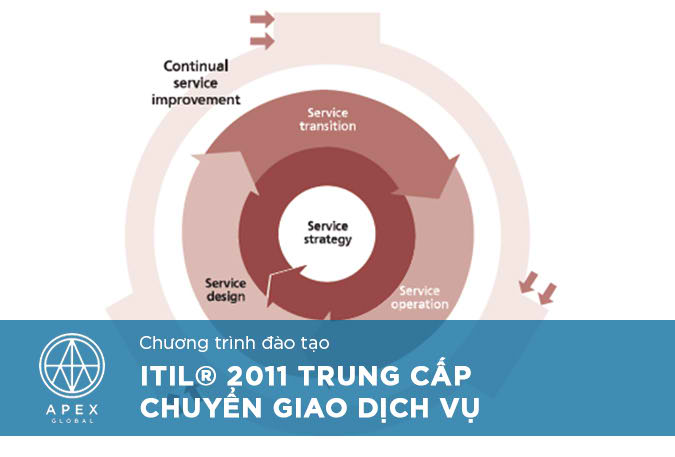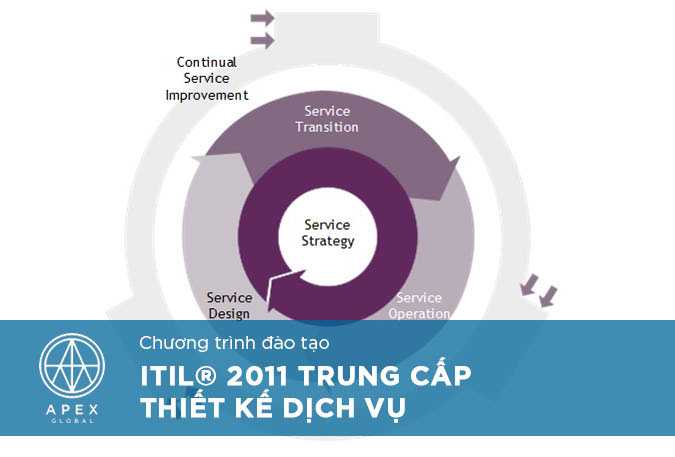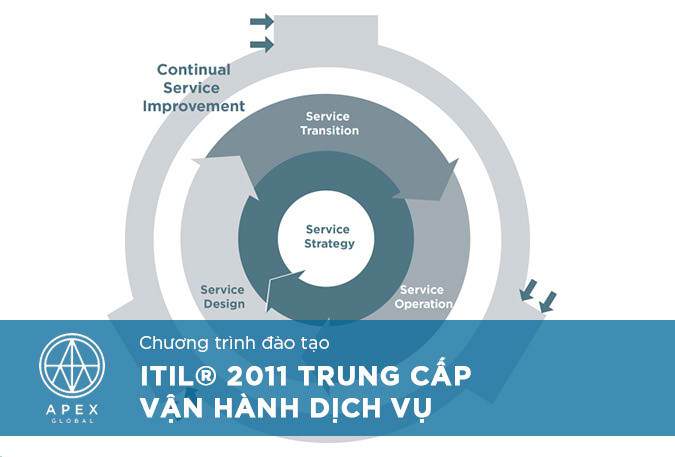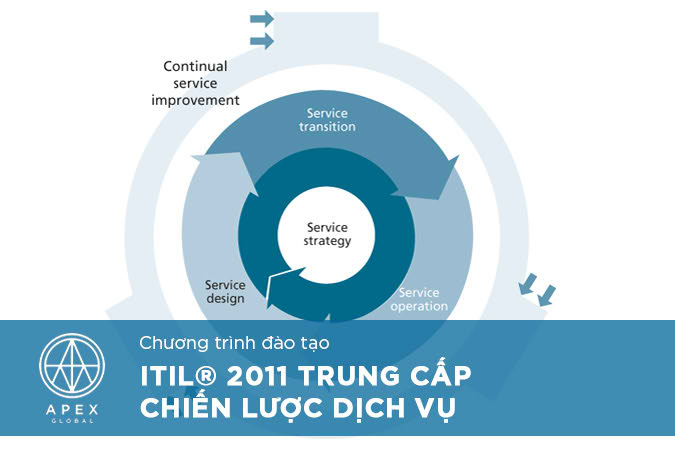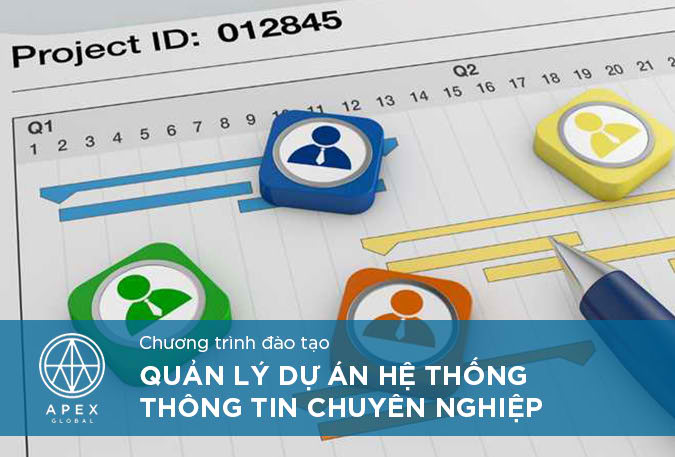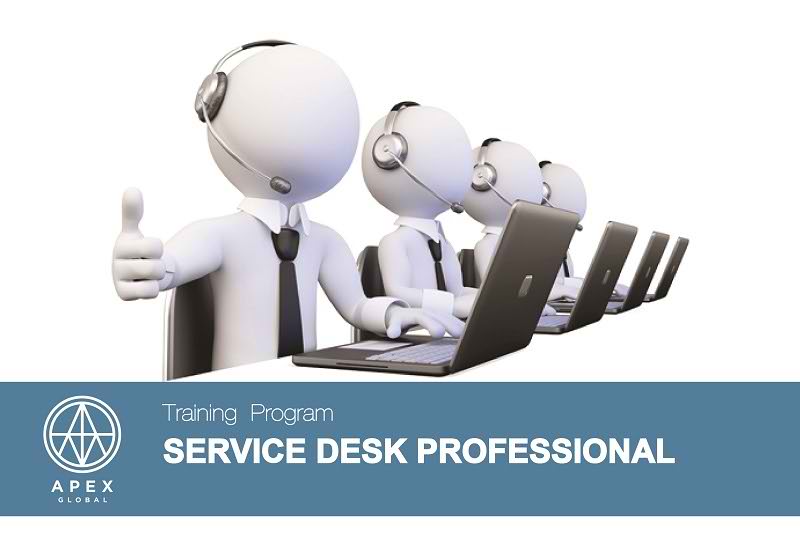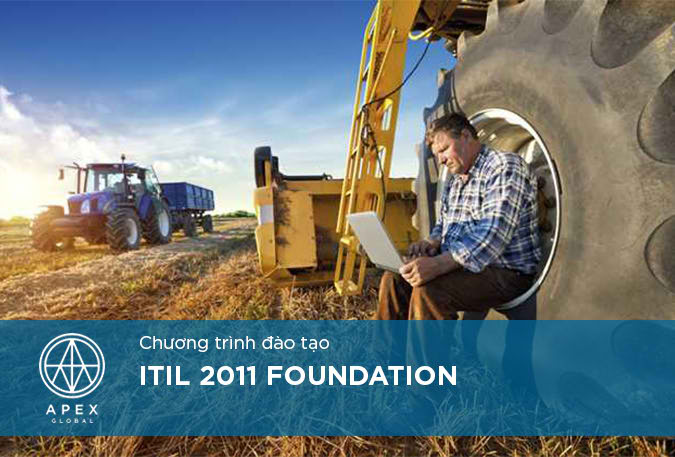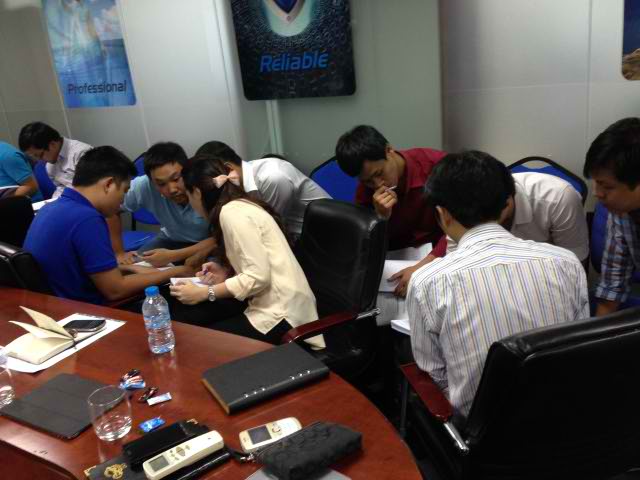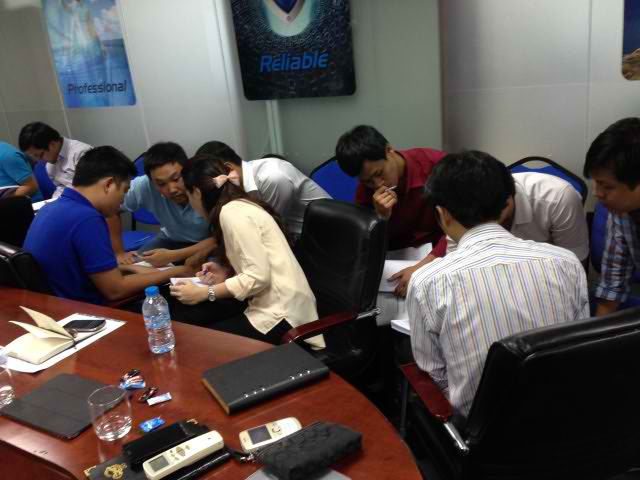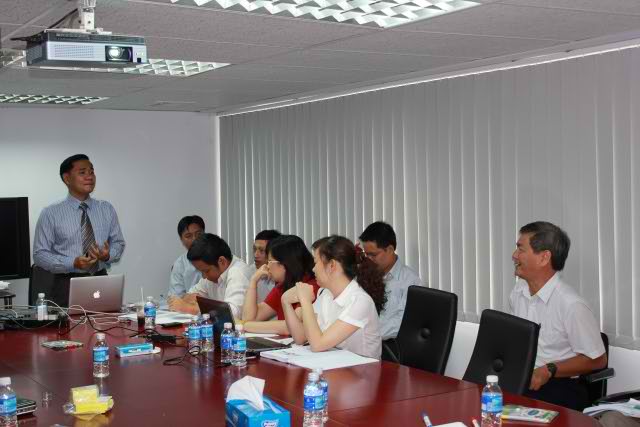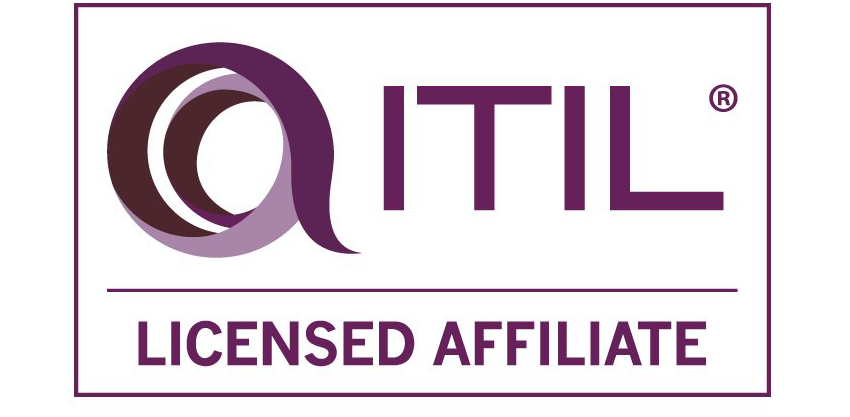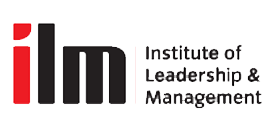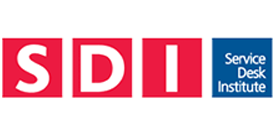2022-07-08
2022-07-08
2022-07-08
2022-07-08
2022-07-08
2022-07-08
2022-07-08
2022-07-07
2022-07-07
2022-07-07
2021-03-23
2021-01-05
2020-02-19
2020-02-18
2020-02-18
2019-08-14
2019-05-03
2019-01-07
2016-01-12
2016-01-12
2015-11-21
2015-11-21
2015-11-21
2015-11-21
2015-11-21
2015-10-27
2015-10-27
2015-08-01

What You’ll Learn:
- Key concepts of the ITIL service lifecycle
- Aspects of communication and stakeholder management relevant to IT service management
- Integrate various IT service management processes across the lifecycle
- Establish and manage governance in a service management organization
- Measure IT services and associated process and activities
- Service management implementation relevant to organization decision makers
Module 1: Introduction to Managing Across the Lifecycle
- MALC exam builds on the knowledge acquired in foundation and intermediate-level ITIL courses
- Prerequisites for the MALC exam
- Structure and scoring of the MALC exam
- Bloom’s Taxonomy and applying it to the types of questions that will/will not be asked on the MALC exam
- MALC exam cast study
Module 2: Key Concepts of the Service Lifecycle
- Services, service management, and IT service management
- Organizing functions and roles for service management
- Effect of clarifying roles and using RACI
- Element of value
- Business value of various ITIL lifecycle stages
- Approaches to risk management
- Importance of knowledge management and the SKMS
Module 3: Communication and Stakeholder Management
- Coordinating business relationship management across the lifecycle
- Role of business relationship management in the communication activities
- Stakeholder management and communication
- Using service models
- Design activity coordination
- Services
- Managing communications and commitment throughout the lifecycle
- Communication aspects of service operation
- Communication strategy and plan
Module 4: Integrating Service Management Processes across the Service Lifecycle
- Effectively and efficiently integrating service management processes Across the lifecycle
- Impact and relationship of service strategy to other lifecycle stage
- Various lifecycle stage inputs and outputs
- Value and interfaces of the various service management processes
Module 5: Managing Service Across the Lifecycle
- Importance of an approach to balanced design
- Contribute to effective and efficient service management with design coordination and transition planning and support
- Service transition lifecycle stages
- Managing services across the lifecycle
- Involving operations staff in other lifecycle stages
- Sources of information helping in the implementation and improvement of services
- Factors relevant to strategic assessments
- Challenges, risks, and critical success factors of the strategy, design, transition, and operation lifecycle stages
Module 6: Governance, Roles, People, Competence, and the Organization
- Governance, activities, framework, and governance bodies
- Relating strategy to governance
- Service providers set direction, policy and strategy
- Change management
- Management systems
- Establishing and maintaining a service management system
- Organization development and departmentalization
- Logical structure for a service provider
- Functions and the types of services providers
- Implementing and sourcing strategies
Module 7: Measurement
- Measuring and demonstrating value
- Determining and using metrics
- Approaches to monitoring and control
- Using event management tools
Module 8: Implementing and Improving Service Management Capabilities
- Implementing service management, service management processes, and supporting tools
- Different types of assessments and conducting assessments
- Techniques for improving service management
- Methods for implementing service management
- Business value of service portfolio management
Review/Exam Prep/Mock Exam
Prerequisites for international certificate
- At least 17 ITIL v3 or newer credits (required)
- Two to four years of relevant work experience
- To prepare for the certificate exam, it is recommended that you review the 2011 editions of the following ITIL publications and complete at least 28 hours of personal study:
- Service Strategy (ISBN 9780113313044)
- Service Design (ISBN 9780113313051)
- Service Transition (ISBN 9780113313068)
- Service Operation (ISBN 9780113313075)
- Continual Service Improvement (ISBN 9780113313082)
Who Needs to Attend
- IT operations, technical, or IT management personnel requiring more information about ITIL best practices
- Anyone responsible for managing, implementing, or consulting on ITIL processes within IT or in conjunction with IT
Class training methods
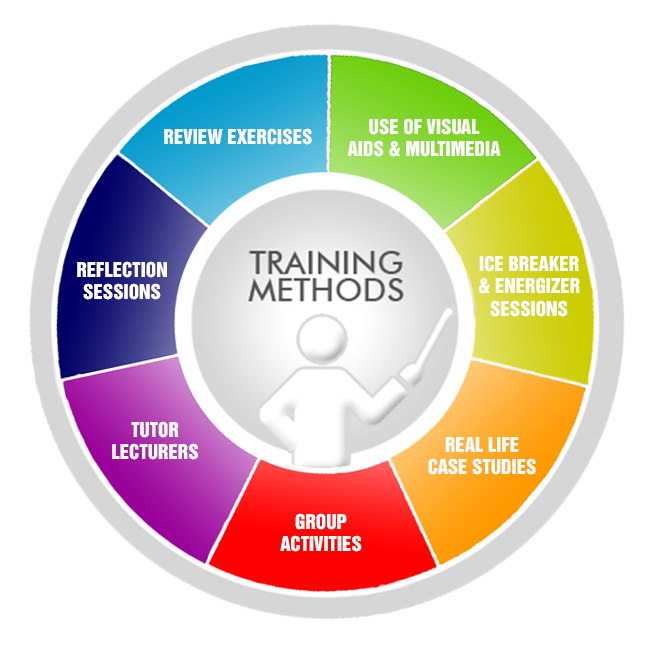 Values
Values
- CUSTOMISED: Our tailor-made solutions are in line with your business goals, drawing on best practices and proven approaches
- RESULT-ORIENTED: Our primary objective is the enhancement of business results through continuous evaluation for maintaining focus and accountability
- COST-EFFECTIVE: Our customized and simple solutions are highly cost-effective
- TARGETED: We use a combination of approaches and techniques to meet the objectives of our individual clients and organizational needs
- PROCESS-ORIENTED: Our training programs are process focused, not process bound. We apply standard tools for process streamlining
- IMPROVEMENT FOCUSED: Our techniques involve robust evaluation, open and honest communication and on-going process upgrading for continuous improvement.
- IMPACTFUL: Our experts leverage powerful solutions that can deliver the right impetus to your business
Contact Info |
Public Training Schedule |
| Phone: +84 (0)862 718 187 Email: [email protected] |
Please click below link to view our public training schedule |
Brochure VN
The International Software Quality Institute (iSQI®) is a
ITIL 2011 Nâng cao – Quản lý vòng đời dịch vụ
- Trang chủ >
- Đào tạo IT >
- ITIL 2011 Nâng cao – Quản lý vòng đời dịch vụ
Floor 1st, 16-18 Xuan Dieu Street, Ward 4, Tan Binh District, HCMC, Vietnam
(+84-28) 6271 8187
[email protected]
Copyrights @2023 Apex Global | All Rights Reserved

